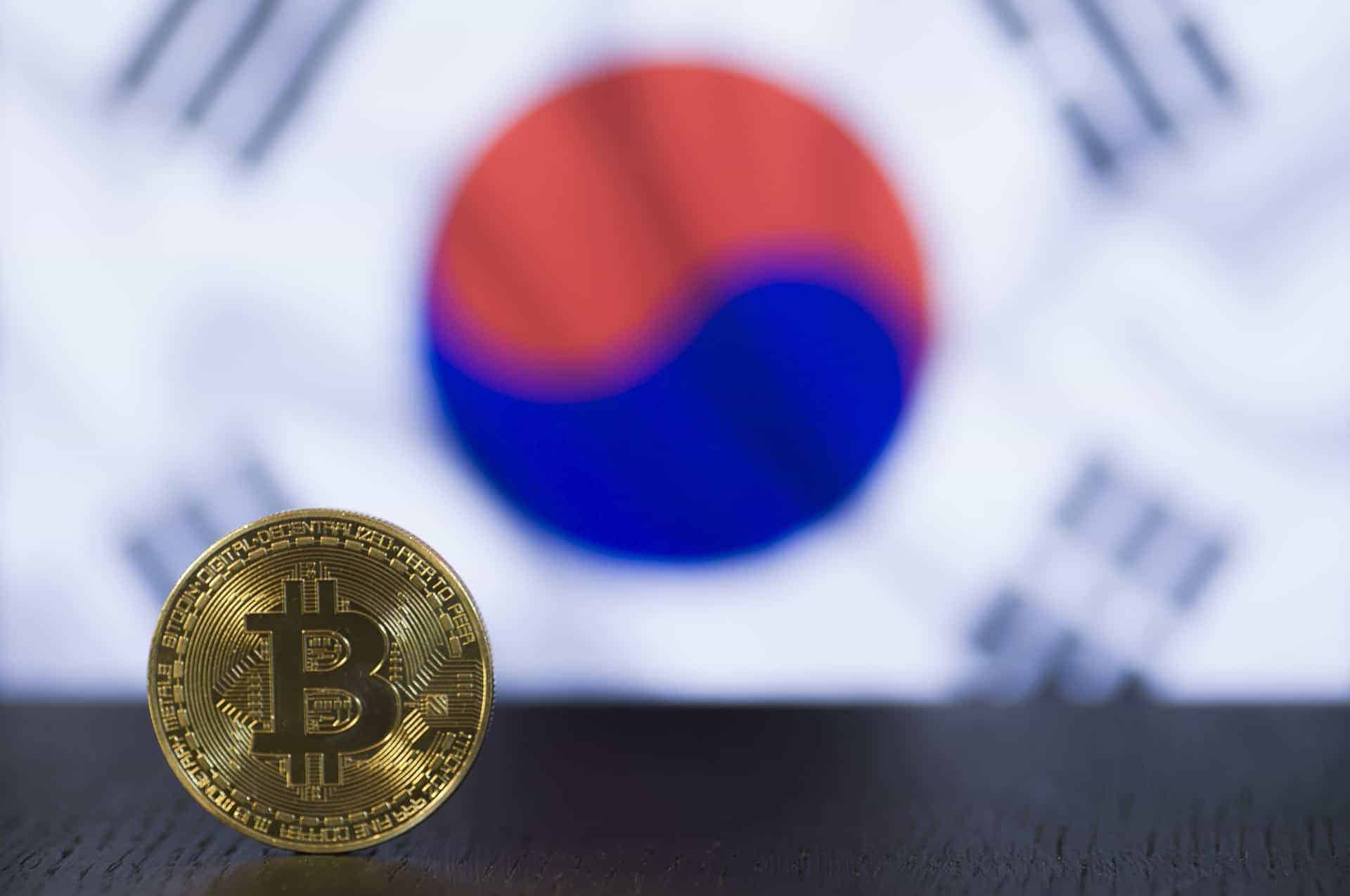Bitcoin’s “kimchi premium” has fallen dramatically following an announcement by South Korea’s regulators that they would sharpen their focus on illegal trading activities in the cryptocurrency markets.
The kimchi premium describes the difference between Bitcoin’s price on South Korean crypto exchanges and Bitcoin’s price on global trading venues. The discrepancy in prices for Bitcoin in Korea, experts say, are mainly the result of regulatory limitations being put on South Korean traders that make them unable to buy Bitcoin for lower prices on foreign exchanges. Due to arbitrage concerns, there are also heavy restrictions on foreign traders opening accounts on Korean exchanges and selling their BTC holdings for a profit.
After surging to a 3-year high of 21% on April 7, the kimchi premium has since plummeted to below 13% as the price of Bitcoin fell against the Korean won (KRW). The drop in price also coincided with the unexpected suspension of South Korean cryptocurrency exchange Upbit’s KRW deposit and withdrawal services.
South Korean officials focus on illegal crypto market activity
Korean government authorities met at the “Virtual Asset-related Ministry Meeting” yesterday to discuss cryptocurrency trading in the country. The South Korean Financial Services Commission, the Ministry of Finance and the Ministry of Justice were among the government regulatory authorities in attendance.
According to the official announcement from the meeting, the South Korean government authorities stated that they plan to closely monitor the situation of the virtual asset market to prevent excessive virtual asset speculation and actively strive to prevent damage to investors.
The government authorities said in an announcement: “We will strictly crack down on illegal activities related to transactions such as market price manipulation, money laundering, and tax evasion using virtual assets through cooperation with the police, prosecution and financial authorities.”
The regulators further warned that South Korean police plan to cooperate with international organizations such as Interpol to “systematically respond to illegal activities through overseas exchanges.”
Despite the strong warning, none of the government agencies in attendance made any suggestion to introduce or change the legislation but only reaffirmed their focus on enforcing the existing virtual asset regulations in the country.
Shortly after the government meeting’s conclusion, the price of Bitcoin on South Korean exchanges began its downward spiral. South Korea’s kimchi premium now sits at 12.77% as of this publishing time — a nearly 40% drop from its three-year high just a day ago.
Upbit suspends services
The government announcement that crypto would be a primary focus of regulatory action appears to have been one catalyst for the fall in Bitcoin’s price in Korea and subsequent narrowing of the Kimchi premium. But another cause could be Upbit’s suspension of services.
According to CryptoQuant CEO Ki Young Ju, the drop in the Bitcoin kimchi premium and the sudden suspension of Upbit’s KRW deposit and withdrawal services suggest that traders outside of South Korea may have found a way to arbitrage the Kimchi premium.
Ju, who shared data on Twitter, is convinced that arbitrage had occurred. He tweeted:
“It seems someone finally figured out how to arbitrage this Kimchi premium opportunity. The trading volume in 30 min time frame on @upbitglobal, the largest Korean exchange, was bigger than @Binance’s. This drop seems related to Kimchi pullback.”
It seems someone finally figured out how to arbitrage this Kimchi premium opportunity.
— Ki Young Ju 주기영 (@ki_young_ju) April 7, 2021
The trading volume in 30min time frame on @upbitglobal, the largest Korean exchange, was bigger than @Binance‘s.
This drop seems related to Kimchi pullback. https://t.co/kLro1of0uS pic.twitter.com/YJru97A3pb
In a subsequent tweet Ju added:
“One evidence of arbitrage: @BithumbOfficial, one of the largest exchanges in Korea, $BTC inflow mean has been increasing while all exchanges’ is decreasing. It seems some whales are depositing BTC to Korean exchanges.”
One evidence of arbitrage:@BithumbOfficial, one of the largest exchanges in Korea, $BTC inflow mean has been increasing while all exchanges’ is decreasing.
— Ki Young Ju 주기영 (@ki_young_ju) April 7, 2021
It seems some whales are depositing BTC to Korean exchanges. pic.twitter.com/94pieaHDzC
Executing a crypto arbitrage strategy by buying Bitcoin on foreign exchanges and selling the same BTC on Korean exchanges at a relatively higher price is normally very difficult to execute due to government restrictions. As Park Sung Jun, the director of Dongguk University’s Blockchain Research Center, told Forkast.News in an interview, “The infrastructure for foreigners to bring Bitcoin into the exchanges and for our nationals to buy foreign Bitcoin has not been established.”
Additionally, investors who are looking to buy Bitcoin from foreign exchanges with other fiat pairings such as the U.S. dollar could also be subject to arbitrage trading regulations under the Foreign Exchange Transactions Act, which could lead to prison time of up to three years.





